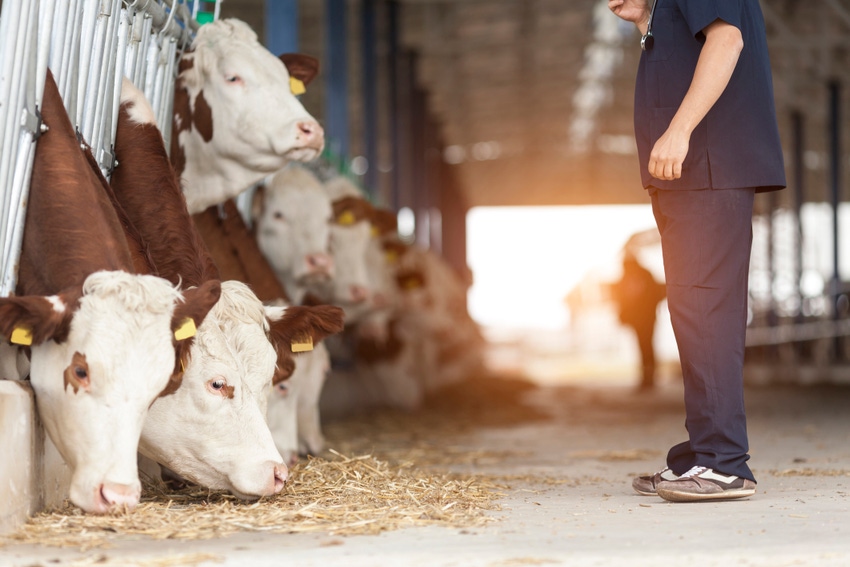Colorado animal health lab helps with trial for new bovine tuberculosis diagnostic test to improve early-stage detection in cattle.
July 25, 2019

The Animal Health Laboratory within the Colorado Department of Agriculture is assisting in a trial of Actiphage, a new rapid blood test for bovine tuberculosis (TB) that will detect early-stage infection in cattle and other animals, according to an announcement from PBD Biotech, the company that commercializes the test.
Bovine TB is a contagious and infectious disease caused by Mycobacterium bovis that primarily affects cattle but is known to infect bison, deer, elk, goats and other warm-blooded species. In very rare cases, the disease can also be transmitted to humans through direct contact with infected animals or consumption of raw milk.
The Colorado Animal Health Lab, an ISO 17025-accredited laboratory, aims to determine the accuracy of the new test, particularly in detecting bovine TB at an early stage, which will assist in the control of infection, the announcement said.
The pilot study will initially use Actiphage to test blood samples from cattle that have been highlighted as having a high risk of infection.
This trial will be an exploratory project under laboratory manager Tiffany Brigner, with a permit granted by the U.S. Department of Agriculture's Center for Veterinary Biologics (CVB).
“The control of bovine TB is very important. Having an assay that can detect bovine TB quickly and accurately would aid in mitigating the spread of this contagious disease,” Brigner said.
Robert Lyons, PBD Biotech director of North American operations, explained that the Colorado trial will provide an important independent validation of the test and build on its U.S. patent, which came into effect earlier this month.
“Actiphage can be used to detect bovine TB and Johne’s disease in blood or milk samples and has been effectively used in bovine TB eradication strategies leading to its approval for exceptional private use in cattle in the U.K. under the government’s Animal & Plant Health Agency protocol," Lyons said. “A trial on this scale will help us to further improve the diagnostic and provide insights into the etiology of the disease within large herds.”
According to PBD Biotech, the new test is a phage-based technology originally developed as a commercial product for human TB diagnosis, which has now been updated and improved.
The test uses a virus that is specific for mycobacteria and only replicates in live or viable cells, so it has the potential to become a significant tool in the detection and control of TB and other mycobacterial diseases in animals and people, the company said.
PBD Biotech added that another feature of its phage-based diagnostic test is that it can distinguish between viable and non-viable organisms and, therefore, reliably differentiate between animals carrying live infectious organisms and those that have been specifically vaccinated.
The test was developed by the University of Nottingham in conjunction with the Royal Veterinary College in the U.K.
Actiphage, "Mycobacteria Detection Using Bacteriophages," was granted U.S. Patent No. 10,344,339 by the U.S. Patent & Trademark Office, with effect from July 9, 2019.
PBD Biotech specializes in the use of novel bacteriophage-based technology in the field of veterinary diagnostics.
You May Also Like

.png?width=300&auto=webp&quality=80&disable=upscale)

